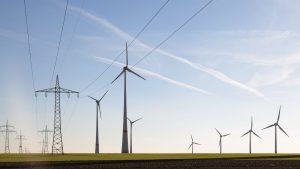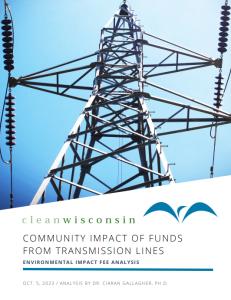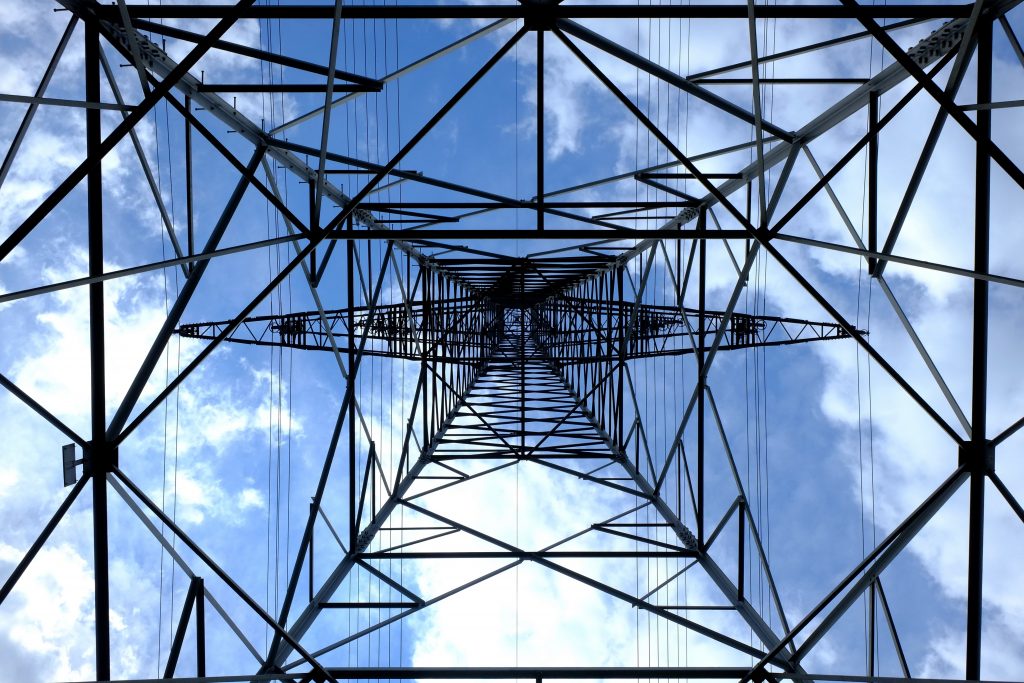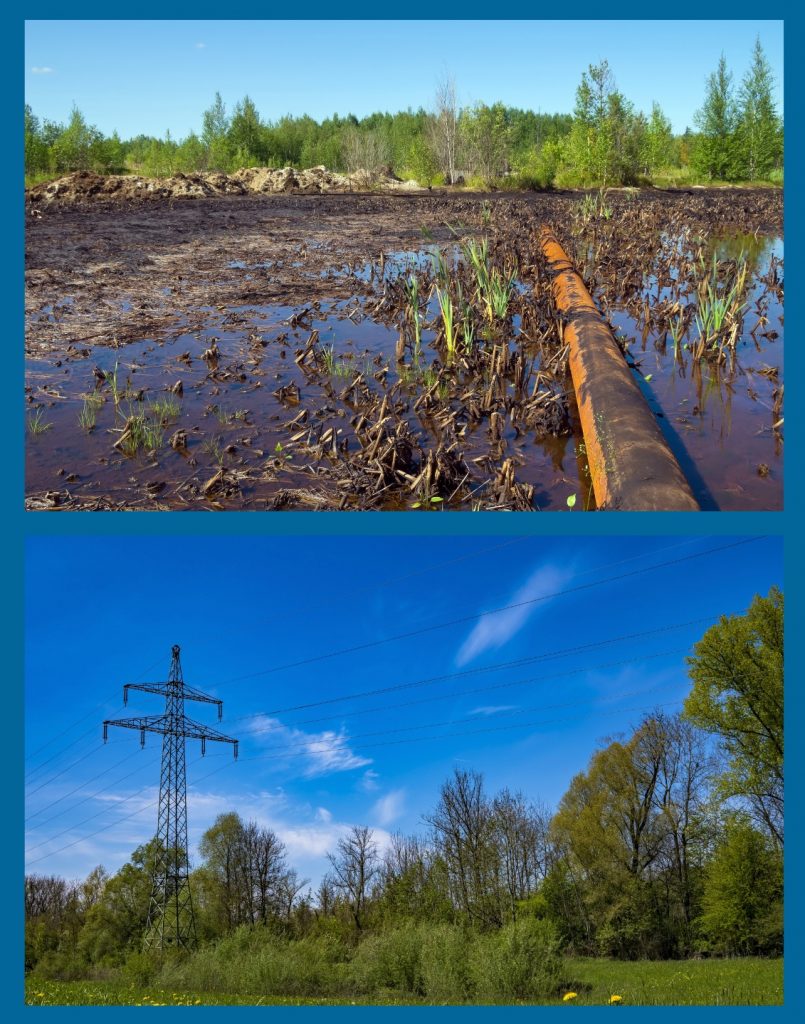The number of clean power projects waiting to be built in the Midwest could power our region and beyond. But to get there, we need transmission lines that will allow these projects to come online.
Moving Clean Energy
A cleaner, safer way to move energy in Wisconsin
We might not always notice fossil fuel transportation, but it’s all around us – pipelines carrying methane gas and thick tar sands oil, trainloads of coal, and tanker trucks filled with gasoline.
Leaks and spills are commonplace, putting people and wildlife in danger, prompting evacuations, and contaminating farmland, pastures and waterways.
But a transition to clean energy in Wisconsin can help eliminate these threats. As we move away from dirty and dangerous forms of energy, we must invest in a more robust transportation system for electricity.
Just as roads get people from one place to another, transmission lines get electricity from wind and solar farms where it is generated to where it will be used.
It’s time to trade dangerous fossil-fuel infrastructure for a clean energy system that benefits everyone.
Why do we need to expand transmission system?
Wisconsin needs to build transmission lines that allow for more renewable energy projects to come online and ensure the stability of electricity supply for all residents.
![]()
To allow for more clean energy on the grid
Some solar and wind projects cannot come online because there aren’t enough transmission lines to move the renewably generated electricity from the source to the places we need the energy.
![]()
To help manage the flow of electricity
A large transmission system would allow Wisconsin residents to access cleanly generated electricity even when the sun isn’t shining, or the wind isn’t blowing in our state.
![]()
To enable the transformation of our electricity system
Instead of generating a lot of electricity with dirty power plants near cities, many clean energy projects and more transmission lines will be needed to produce and then transport that carbon-free electricity to users all over the state.
Quantifiable Benefits
Planned transmission lines in the Upper Midwest will provide $2.60 worth of benefits for every $1 spent. These benefits include avoided blackouts, increasing access to cheaper renewable energy, and lower greenhouse gas emissions. Read more in the Long Range Transmission Planning Report from our region’s power grid operator, MISO.
Necessary for 2050 Net-Zero Emissions Goals
New detailed energy modeling shows that to achieve net-zero emissions by 2050 requires expansion of transmission lines. If we do not act to increase transmission, realizing our clean energy future will cost $1 billion more per year. Without greater transmission capacity, the chance of successfully reaching net-zero emissions by 2050 is narrowed.

Support A Clean Way to Move Energy
Benefits to local communities
 A state law ensures that communities hosting high voltage transmission lines receive financial benefits through an environmental impact fee. Local communities spend these funds on environmental projects and other priorities in the public interest such as infrastructure improvements, essential services, broadband expansion, water issues, and parks and recreation. In a recent analysis, Clean Wisconsin documents how almost $15 million in funds from transmission fees to local government are spent. Environmental impact fees can have a profound impact on county and municipal budgets when many rural communities are facing staffing shortages for emergency services, crumbling infrastructure, and increasing debt.
A state law ensures that communities hosting high voltage transmission lines receive financial benefits through an environmental impact fee. Local communities spend these funds on environmental projects and other priorities in the public interest such as infrastructure improvements, essential services, broadband expansion, water issues, and parks and recreation. In a recent analysis, Clean Wisconsin documents how almost $15 million in funds from transmission fees to local government are spent. Environmental impact fees can have a profound impact on county and municipal budgets when many rural communities are facing staffing shortages for emergency services, crumbling infrastructure, and increasing debt.
We cannot wait. Grid operator MISO needs to build transmission lines that will allow clean energy projects to come online in Wisconsin and beyond. It’s time for MISO to move faster on connecting renewables that will benefit all of our communities.


